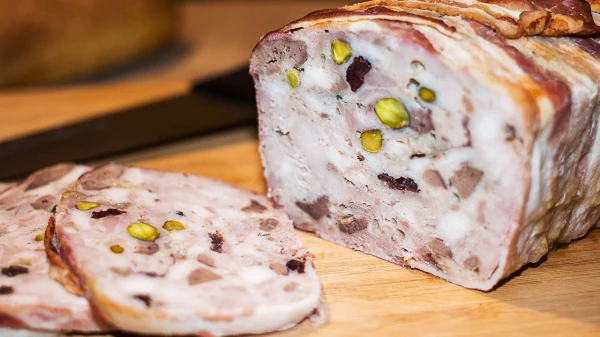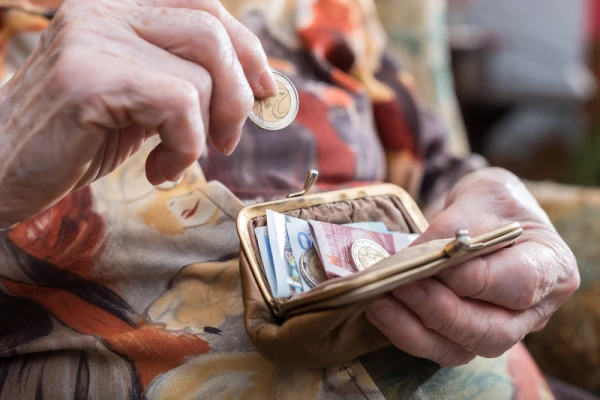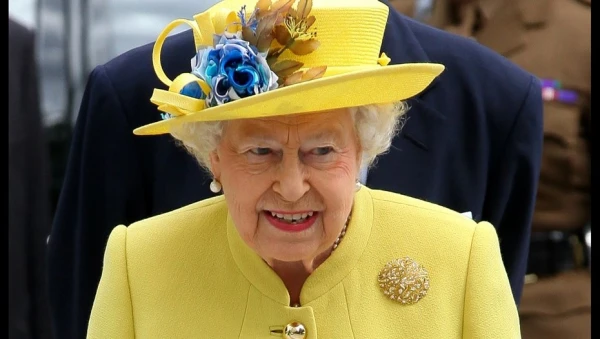
Researchers decided to investigate how a baby's facial features might influence the willingness of relatives to care for him. The results of the study surprised them.
When a child is born, relatives and friends of the new parents often start to guess: who does the baby resemble more — the father or the mother? In a new study, researchers found that the answer to this question can influence the child's future much more than it might seem.
Genes Can't Be Erased
Humans are evolutionarily programmed to pass their genes to their offspring. We will unconsciously do everything for the survival of those who carry our shared genes.
Yes, in matters of attitudes toward children, not only the biological aspect is at play. However, people will initially be more inclined to care for those with whom they share genetic ties.
How does our brain understand who is in front of it? The simplest sign of shared genes is physical resemblance. In practice, not only blood relatives can look alike. However, unconsciously we still read similarity as a signal: this child looks like me, he carries my genes, so I must take care of him.
In theory, a mother will not doubt her genetic relationship with the baby since she carried him. Therefore, the child's appearance should not affect her attitude.
This hypothesis was what the researchers aimed to test in a study published in the journal Social Evolution and History.
The Essence of the Study
Six years ago, the authors of the study surveyed 302 Russians, 308 Americans, and 605 Brazilians in an online format.
To understand how similar the volunteers were to one of their parents, they were asked to self-assess this parameter on a five-point scale based on 5 key physical traits.
The researchers also needed to determine how actively these individuals received care in their childhood from their mothers and fathers. To do this, they asked participants to evaluate the truth of certain statements.
For example:
-
"I felt that my mom emotionally supported me";
-
"My dad usually helped me solve problems."
Additionally, the researchers separately checked how closely the subjects communicated with their grandparents and how often they saw each other.
It is worth noting that the researchers pre-validated the objectivity of this approach, as reported by Naked Science.
In the next stage, all questions were divided into three groups: resemblance of children to parents (10 questions); parental care (8 questions); assistance in caring for children from grandparents (3 questions).
All responses were analyzed using Bayesian methods.
What Was Discovered
It turned out that a child's resemblance to their father indeed influenced how both the father and his relatives would treat the child. The more a daughter or son resembled their father, the more he cared for him or her, and the warmer the perception from the paternal grandparents.
Surprisingly to the researchers, this rule applied equally to women. The more a child resembled their mother, the more both she and her relatives cared for the baby. Conversely, a child resembling their father received less care.
Interestingly, the place of residence also influenced how children were raised. American fathers turned out to be the most involved. In Russia, grandparents on the mother's side provided the most care for the babies. In Brazil, the researchers noted the lowest involvement from all categories of relatives.













Leave a comment